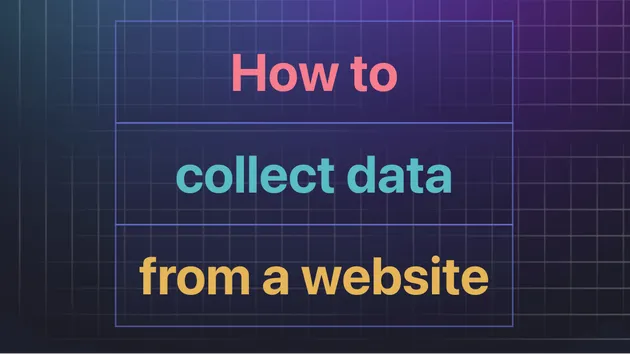Analytics - Tiktok Comments Scraper
Pricing
$10.00/month + usage
Analytics - Tiktok Comments Scraper
Level up your TikTok insights with this Actor, which scours your chosen videos for comments at any scale you set. Just drop in your video URLs, tell it how many comments you want to capture, and even add a proxy if you need it. It’s your backstage pass to raw audience reactions—fast and easy!
Pricing
$10.00/month + usage
Rating
0.0
(0)
Developer

Michael Craig
Actor stats
4
Bookmarked
71
Total users
0
Monthly active users
a year ago
Last modified
Categories
Share




